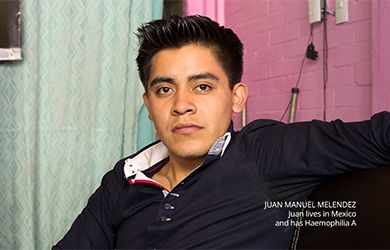
What is Elective Orthopaedic Surgery (EOS)?
Explore the benefits and risks of EOS and learn about the different types of surgical procedures.
Your haemophilia care centre team will likely be involved in all stages of the planning, execution, recovery and rehabilitation after surgery; but who are they?
Before surgery, your physiotherapist will teach you exercises to strengthen your body. These exercises will be personalised for you and the type of surgery you will be having. Sticking to your physiotherapy plan is crucial to getting the most out of your surgery.
Click QR codes below to access downloadable sheets to help in your discussions with your employer/education institution. You can print off the sheets by visiting the web.
This material is for educational and informative purposes only. It should not replace any advice or information provided by your haemophilia specialist and/or other healthcare professionals. Surgery in patients with haemophilia (with or without inhibitors) can carry specific risks that should be carefully assessed and discussed with your haemophilia specialist and multidisciplinary care team. Surgery in patients with haemophilia (with or without inhibitors) should always be done in consultation with a specialised haemophilia treatment centre.





